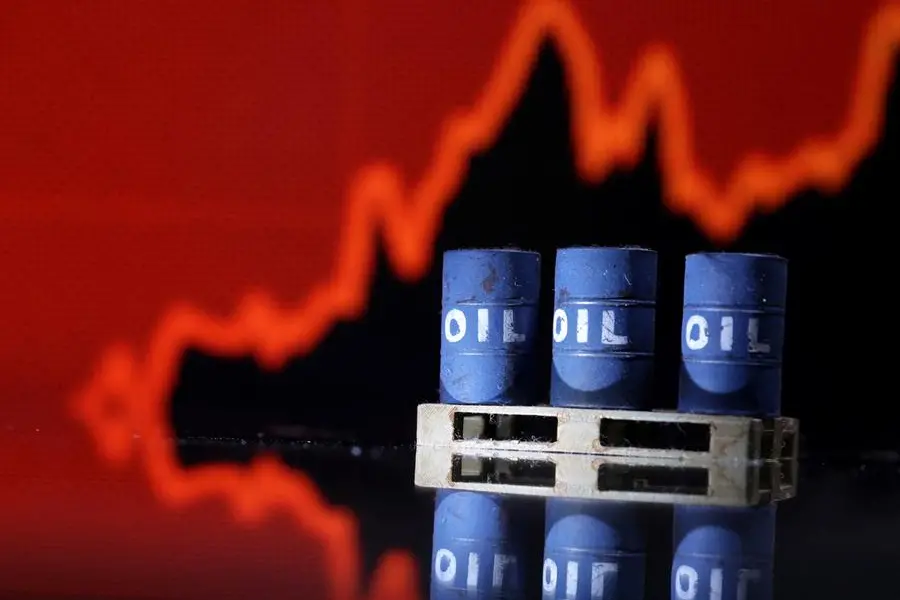PHOTO
Demand for oil will climb by 2 mb/d globally in 2023 to a record 101.9 mb/d as China fully reopens three years after the COVID-19 pandemic began, Paris-based International Energy Agency (IEA) said in its latest report.
The non-OECD nations will account for 87% of the growth and China alone will make up more than half the global increase.
"While oil demand in developed nations has underwhelmed in recent months, slowed by warmer weather and sluggish industrial activity, robust gains in China and other non-OECD countries are providing a strong offset,” the IEA said in its report.
In Q1 2023, OECD oil demand fell 390 kb/d year-on-year, but a solid Chinese rebound lifted global oil demand 810 kb/d above year-earlier levels to 100.4 mb/d, the agency noted.
China has reported a rebound in consumer spending, industrial output and investment in the first two months of 2023 after coronavirus restrictions were removed.
According to several experts, China's growth momentum is expected to improve further in the coming months, driven by consumer spending.
In its monthly oil market report, OPEC maintained its forecast that oil demand will rise by 2.32 million barrels per day (bpd), or 2.3%, in 2023.
OPEC expects demand in the OECD countries to increase by 0.1 mb/d in 2023, while the non-OECD is forecast to grow by 2.2 mb/d.
The surprise OPEC+ supply cuts announced on April 2 risk aggravating an expected oil supply deficit in H2 2023 and boosting oil prices at a time of heightened economic uncertainty, even as industrial activity slows in the world’s largest economies and production growth outside the alliance appears robust, the agency noted.
The bloc's precautionary move prompted oil prices to rally towards $87 a barrel from below $80.
The oil market balances were already set to tighten in the second half of 2023, with the potential for a substantial supply deficit to emerge, but the OPEC's "latest cuts risk exacerbating those strains, pushing both crude and product prices higher," the IEA said.
Consumers currently under siege from inflation will suffer even more from higher prices, especially in emerging and developing economies, the agency warned.
(Writing by Seban Scaria; editing by Brinda Darasha)





















